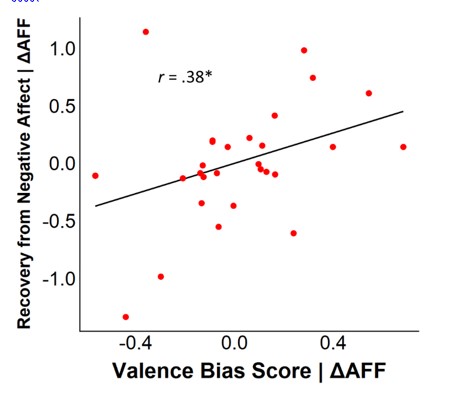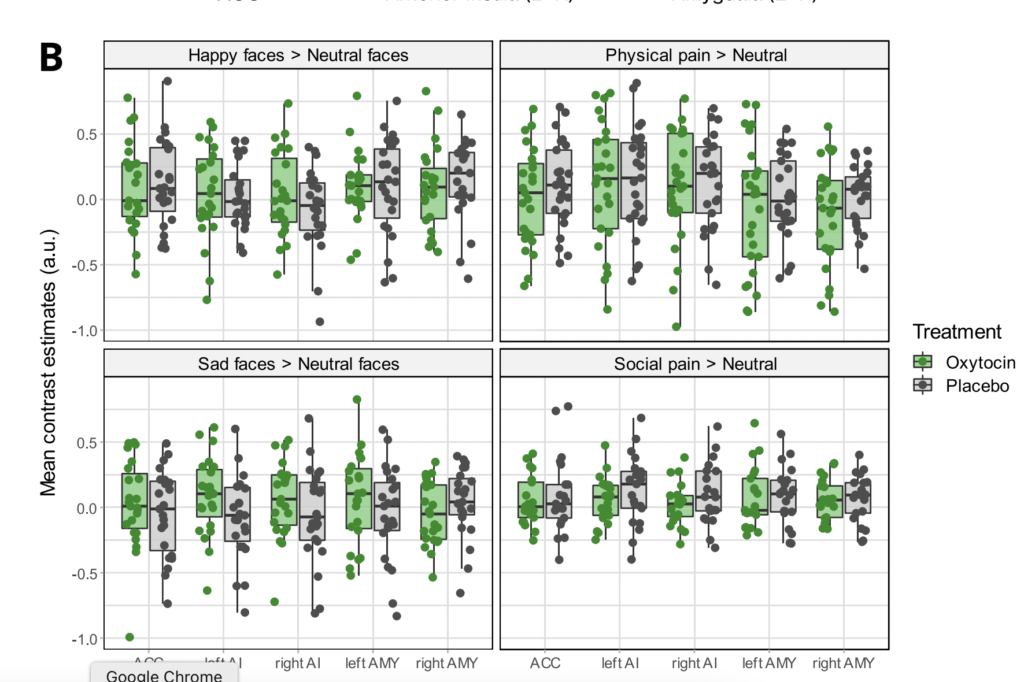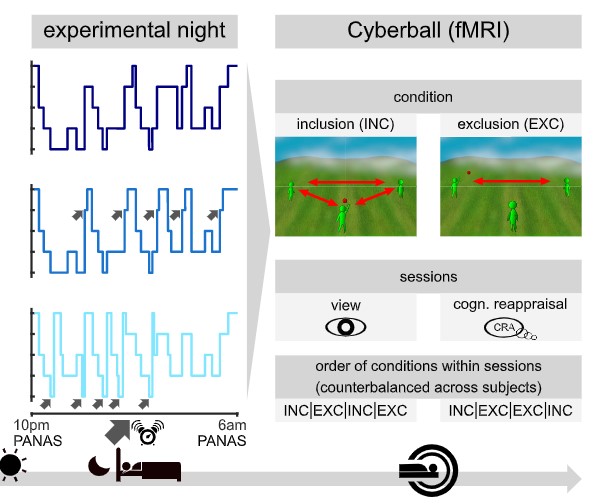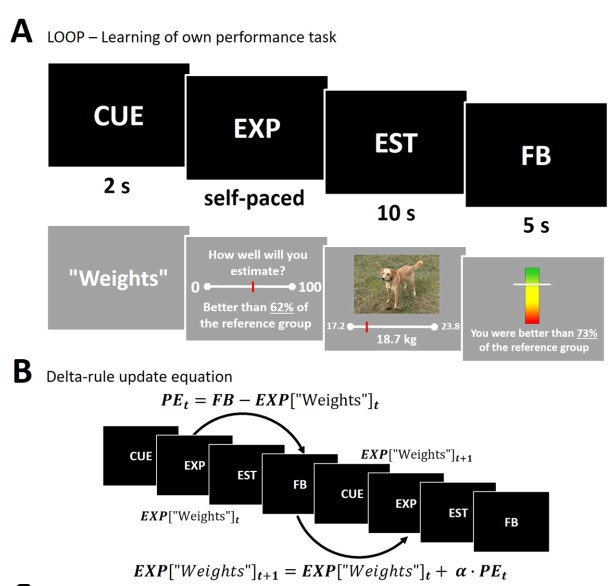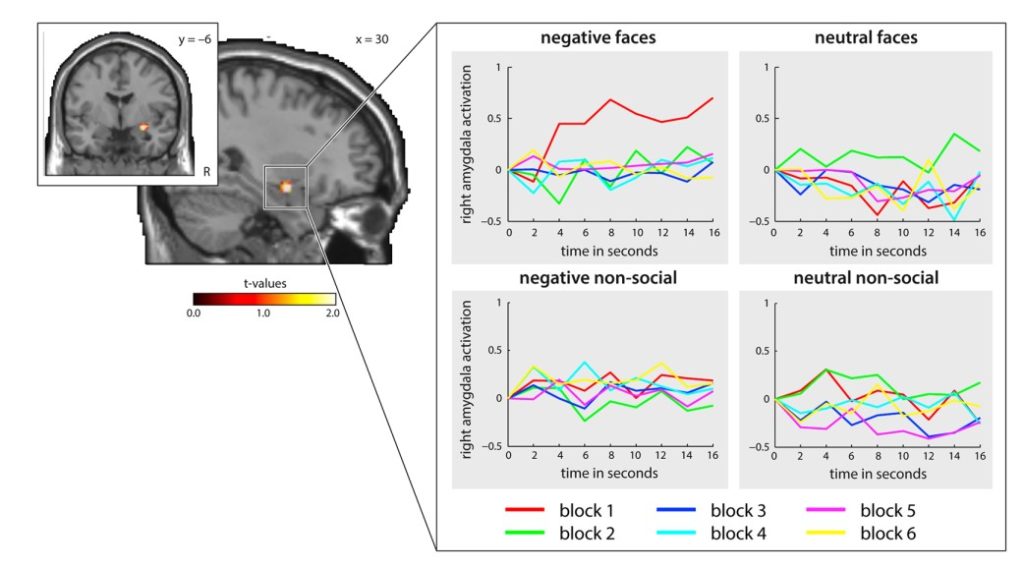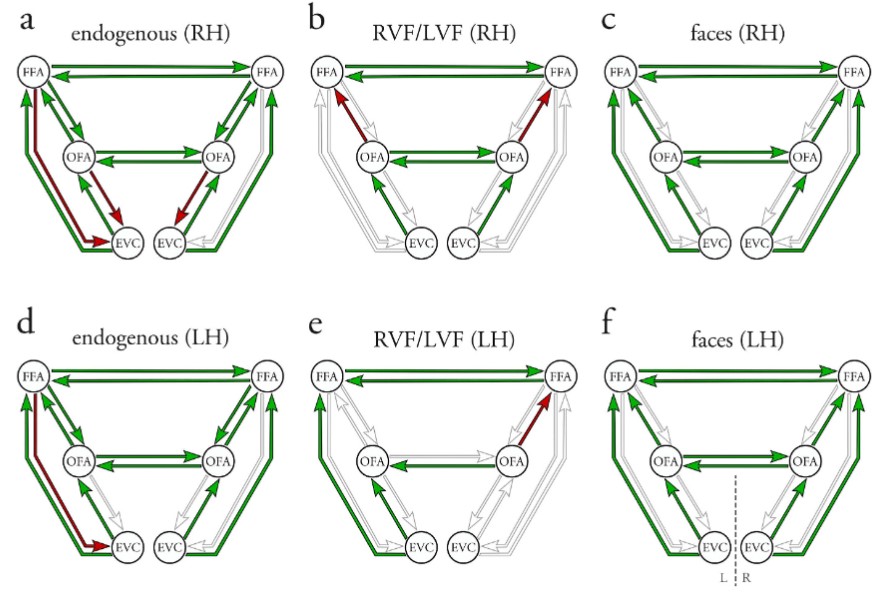Self-beneficial belief updating as a coping mechanism for stress-induced negative affect
Abstract Being confronted with social-evaluative stress elicits a physiological and a psychological stress response. This calls for regulatory processes to manage negative affect and maintain self-related optimistic beliefs. The aim of the current study was to investigate the affect-regulating potential of self-related updating of ability beliefs after exposure to social-evaluative stress, in comparison to non-social […]
Self-beneficial belief updating as a coping mechanism for stress-induced negative affect Read More »
